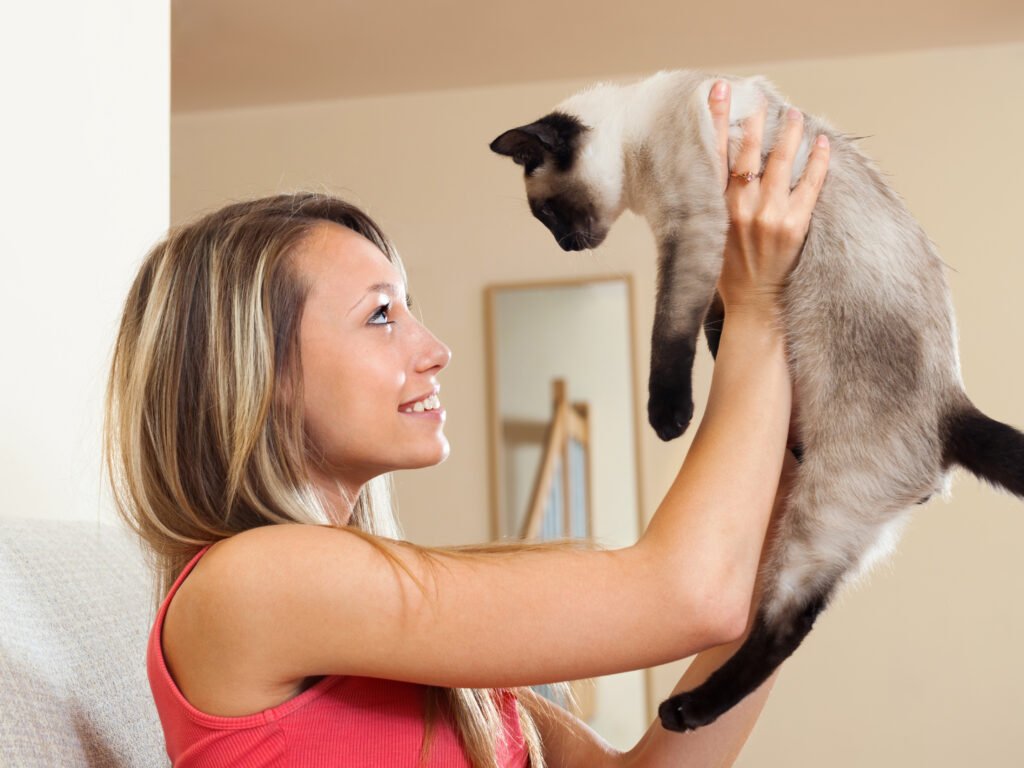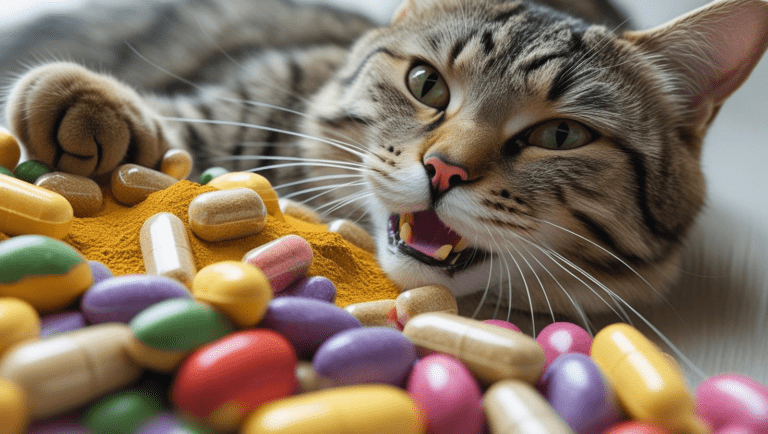Whether you’re a first-time cat parent or have years of experience, you want what’s best for your feline friend. Cats are sensitive creatures, and even the most loving owners can accidentally overlook important aspects of their care. Here, we’ll cover some common mistakes that cat parents make—and provide tips to avoid them—so your cat can stay healthy, happy, and stress-free.
1. Skipping Regular Vet Visits
Regular vet visits are essential for your cat’s health, even if they seem perfectly fine. During annual checkups, your veterinarian can:
- Perform a comprehensive head-to-tail examination
- Run bloodwork to check for underlying conditions
- Ensure your cat is up-to-date on vaccinations and parasite prevention
- Offer personalized advice on your cat’s diet, weight, and overall health
Cats are experts at hiding pain and illness, so signs of disease can go unnoticed until they become severe. For example, kidney disease, arthritis, or dental problems often progress without obvious symptoms. Senior cats (over the age of 10) benefit from twice-yearly exams, as their health can change rapidly. Routine vet care helps detect issues early, ensuring timely treatment and a better quality of life.
How to Avoid It: Schedule annual wellness exams, and set reminders for follow-up visits, vaccinations, and preventive treatments. Many vets offer membership plans that make preventive care affordable and accessible year-round.
2. Forgetting Flea, Tick, and Heartworm Prevention
Many cat parents assume that indoor cats are safe from parasites, but that’s a common misconception. Fleas, ticks, and mosquitoes (which can transmit heartworm) can easily find their way into your home. Fleas can cause itching, allergies, and even anemia, while ticks can carry dangerous diseases like Lyme disease. Heartworm disease, transmitted by mosquitoes, has no cure for cats and can be fatal.
How to Avoid It: Use vet-recommended flea, tick, and heartworm preventatives year-round, even if your cat lives indoors. Products like Advantage Multi® and Bravecto Plus® protect against multiple parasites and can make a significant difference in your cat’s comfort and safety. Be sure to consult your veterinarian to choose the best product for your cat.
3. Overfeeding and Treat Overload
Feeding your cat whenever their bowl is empty or handing out treats throughout the day may seem harmless, but overfeeding is a leading cause of obesity in cats. Excess weight increases the risk of various health issues, including diabetes, arthritis, heart disease, and respiratory problems. Maintaining a healthy weight is crucial for your cat’s long-term health and mobility.
How to Avoid It: Measure your cat’s food based on their age, weight, and activity level, and stick to a feeding schedule. Consult the feeding guidelines on your cat food packaging or ask your vet for specific recommendations. Offering two measured meals a day and limiting treats to occasional rewards will help your cat stay lean and healthy.
4. Skipping Dental Care
Dental health is often overlooked, but poor oral hygiene can lead to painful conditions such as gingivitis, tooth decay, and periodontal disease. Cats with dental disease may eat less, lose weight, or experience severe pain, affecting their overall health and quality of life.
How to Avoid It: Brush your cat’s teeth regularly using a cat-safe toothpaste and toothbrush. Dental treats and hard kibble can also help reduce plaque buildup, while regular professional cleanings by your vet are essential. Aim for annual cleanings or follow your veterinarian’s guidance based on your cat’s needs. Remember, a little dental care now can prevent painful and costly issues later.
5. Ignoring Hairballs
Hairballs are a natural part of a cat’s life, especially in long-haired breeds, but frequent hairballs can indicate underlying health issues or behavioral problems. If your cat is grooming excessively and producing hairballs daily, it may be a sign of anxiety, compulsive behavior, or gastrointestinal problems.
How to Avoid It: Regularly brush your cat, especially if they have a long coat, to reduce the amount of loose hair they swallow. Feed a balanced diet rich in fiber, which helps reduce hairball formation, and provide mental stimulation to lower stress levels. If hairballs become a chronic problem, consult your vet to rule out any health issues.
By avoiding these common mistakes, you’re helping to create a happy, healthy life for your cat. Remember, if you’re ever unsure about your cat’s needs or behavior, your veterinarian is your best resource. With proper care and a little preventative effort, your cat can enjoy a lifetime of purrs and play
Conclusion
Being a cat parent is a rewarding journey, but it also comes with its unique responsibilities. By steering clear of common mistakes—like skipping vet visits, neglecting parasite prevention, overfeeding, ignoring dental care, and overlooking hairball management—you can give your cat the healthy, happy life they deserve. Small, consistent steps in their care routine make a huge difference in their well-being and can prevent health issues down the road. Remember, a little proactive care today leads to a lifetime of content purrs and companionship. Whenever in doubt, your veterinarian is there to guide you in keeping your feline friend safe and thriving.






